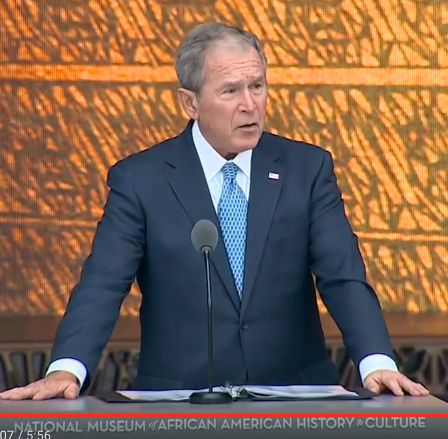Debate words
Geoff quoted Vox on Donald Trump's interruptions during last night's debate, and discussed the extraordinary childishness of some of those interruptions. I don't have much time this morning, so I'll just add a few words about words.
Trump used 35% more wordforms than Clinton did — 8,866 to 6,580, by my trivial debate-analysis program's count based on the Washington Post's transcript. And as expected based on past performances, Trump repeated himself a lot — a type-token plot shows that Clinton actually used a larger number of distinct words (1,333 to Trump's 1,253), despite using significantly fewer word tokens:
Read the rest of this entry »




